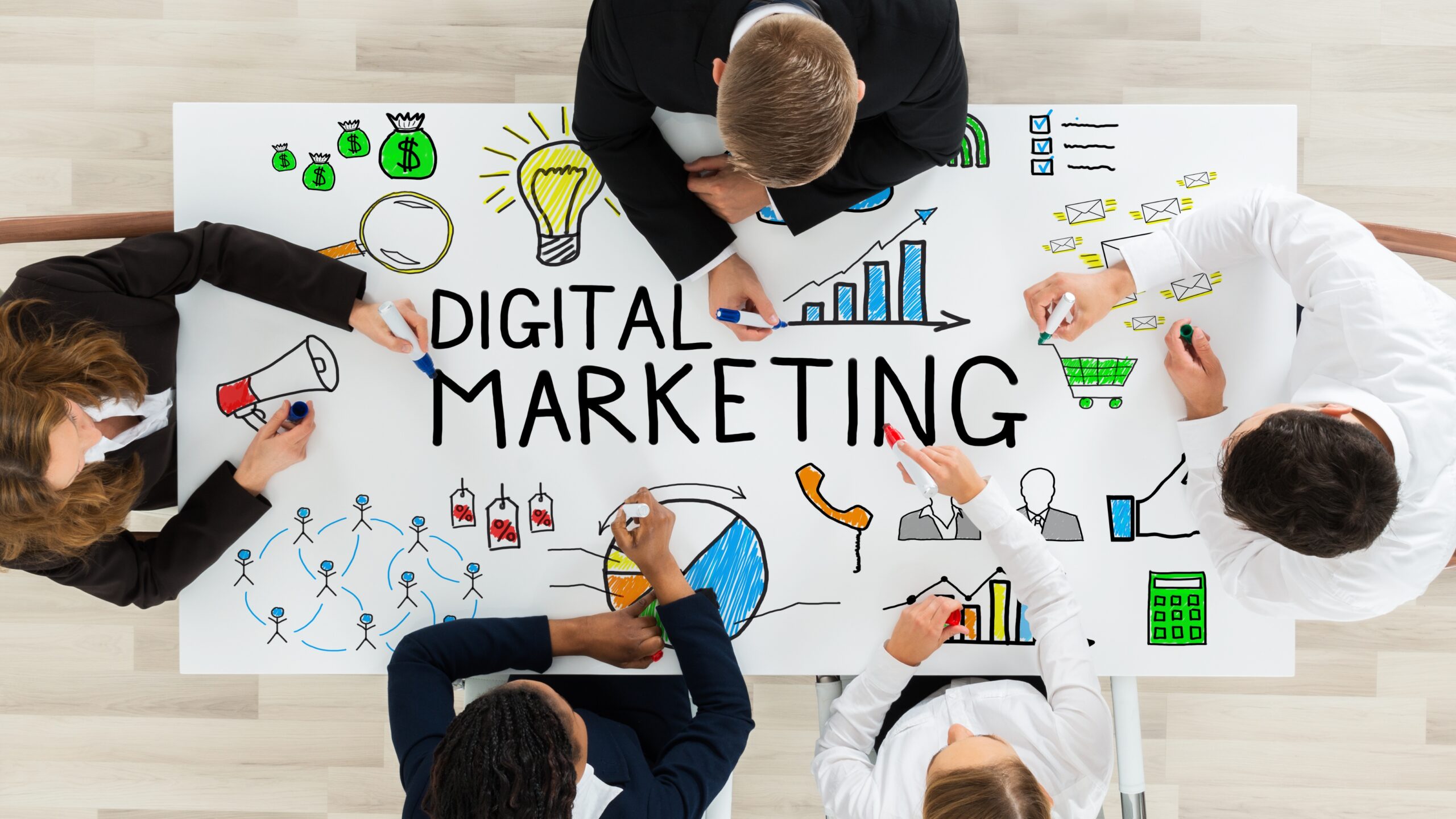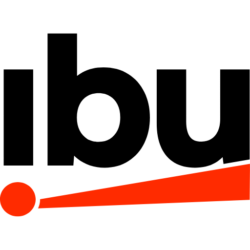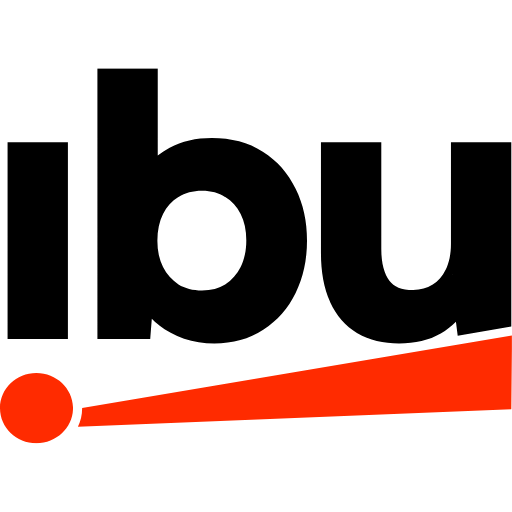
- April 30, 2024
- IBU
- 0
We use the term digital marketing so often that it has become a universal phrase. There are actually many different types of digital advertising, with the capabilities and channels of each growing daily. Performance marketing is a strategy that’s often overlooked in digital marketing. Performance marketing is a strategy where advertisers pay only when certain actions are taken. When a user clicks on their website or purchases something, for example.
This article will take you on a journey into the world of performance marketing. We’ll explain how it works and why it is so effective. You’ll also learn which channels are most cost-effective.
The global digital advertising spend (including desktops, laptops and mobile devices), reached $455.3 Billion in 2021. Statista predicts that this number will continue to rise over the coming years and reach a staggering $646 billion by the end of 2024. This projection is why new online marketing forms are popping up everywhere — from social media marketing to affiliate marketing, emails, and performance marketing.

Is Affiliate Marketing the Same as Performance Marketing?
Affiliate marketing falls under the umbrella of “performance marketing”, which also includes email marketing, marketing via search engines, and other forms of marketing in exchange for sales or defined performance metrics.
The affiliate marketing process is a way for an individual to earn a commission by promoting the products of another company or person. Affiliates promote the product of a company and receive a commission for each sale. This is tracked by affiliate links that link from one site to another.
However, performance marketing is more generally aimed at improving the performance of a company. Instead of paying the marketing agent only when sales are made for a particular product, the retailer will pay the affiliate when they achieve the desired results, which was the goal set forth in the campaign.
Performance marketing, in short, is affiliate marketing on a large scale. New technologies and partnerships are part of this mix.
How Performance Marketing Works?
Retailers or Merchants, Affiliate networks, third-party tracking platforms and affiliate managers (outsourced program managers) are the four main groups that make up performance marketing.
Each group has a vital role to play and must work together for the best possible result. This is the breakdown for each group:
Retailers or Merchants:
Known as “publishers” or affiliate partners, they are businesses who are interested in promoting their services and products through other companies. The retailer will find an affiliate, outline their goals for the campaign and pay them once they are met.
Retailers who use performance marketing to increase sales and acquire new customers can also see a real ROI campaign.
Merchants who are most successful in performance marketing have a strong online presence across several channels and a website with measurable conversion rates. Affiliate partners can provide a return on investment for these retailers in exchange of marketing, traffic generation, and exposure.
Affiliates or Publishers
Performance marketing partners are affiliates and publishers. They can come in many different forms, including coupon sites, review blogs, mobile applications, and other types of websites.
Affiliates are an extension of a brand. They use their website, social media, and influence to improve the performance of a retailer. But in exchange, the retailer should have a plan and understand what the affiliates require from them to succeed.
Influencers are, for example, bloggers who promote products and brands through their blogs, social groups, and channels. They aim to boost traffic and sales while building trust among their fans through product reviews and personal experiences. The partnership is valuable because it builds both brand loyalty and influencer trust.
Affiliate networks and third-party tracking platforms.
Third-party tracking networks and affiliate networks offer information, tools, and promotions in one place (just like a bank). Merchants and affiliate managers can also create and manage strategic commissions, as well as send newsletters, bonuses and return policies, using these networks and platforms.
This is an easy way for both affiliate marketers and merchants to track leads, clicks by users, conversions, and the overall performance of a campaign.
Affiliate Managers or OPMs (Outsourced Program Management)
The main link between merchants and affiliates is the Affiliate Manager, also known as the OPM.
Although affiliate managers may be in-house for brands, they might choose to partner with an agency to manage or support their in-house team due to the expertise of the existing affiliate network.
Marketing agencies that have robust databases of partners and proven processes can help in-house teams with limited expertise and resources by filling the gaps. This will lead to faster results.
Be sure to establish your budget for marketing, goals and timeframes, as well as brand alignment, before choosing a marketing firm.
Top Channels of Performance Marketing
You know what channels work best when it comes to performance marketing? There are variety of performance marketing that agencies and advertisers use to drive traffic:
1. Banner (Display) Ads
You’ve likely seen a lot of these ads if you have been on the internet recently. They appear at the bottom or top of the news page that you visited, on your Facebook feed or in the middle of the news article. Display ads have been losing popularity due to the growing use of adblockers, as well as what some experts refer to banner blindness. However, companies that are using interactive content, video, and attractive graphic design are finding great success.
2. Content Marketing
The goal of content marketing is to educate your target audience. OmniVirt claims that content marketing costs 62% less than traditional outbound marketing and produces three times more leads. Content marketing focuses on providing users with useful information and contextualizing your brand. A vitamin company, for example, might create a series informative blog posts on the benefits of using probiotics with links back to their probiotics. Content marketing can be blog posts, case-studies, ebooks, etc.
3. Native Advertising
Native advertising uses the appearance and feel of an existing website or web page to advertise sponsored content. Sponsored videos, for example, might be displayed in the section “Watch Next” of a YouTube site. You may also have noticed native ads on Facebook Marketplace. Native advertising is effective because sponsored content can be displayed alongside organic content. Users often don’t distinguish between the two types of content. This allows you to market your brand naturally.
4. Social Media
Social media is the best place for performance marketers. Social media is a great way to not only reach your audience and get them on your website, but also to have your content shared organically by users. This will extend your reach beyond your original post. Facebook offers the largest list of performance marketing services, but LinkedIn, Instagram and Twitter offer other opportunities for reaching new customers.
5. Search Engine Marketing (SEM)
Search engines are the most popular way to conduct online research. Having a website that has been optimized for SEM (search engine marketing) is therefore essential. Performance marketing focuses primarily on the cost per click (CPC), particularly for paid advertisements. Many performance marketers use content marketing to boost organic SEM. They also optimize landing pages for SEO.
Benefits of Performance Marketing
With the online marketing industry growing year on year, performance marketing has great potential to scale your business on great levels when you embrace its full functionality.
Here are the three reasons why your business should invest in performance marketing:
1. Brand awareness:
Through agencies and affiliates with established audiences you can increase your traffic and reach out to new customers.
2. Trackable Performance:
Performance is transparent and measurable. Brands can see their entire path from click to purchase, and determine where they should invest in more, what partners and channels will produce the best results.
3. Low risk:
Because affiliates only get paid after the desired action is taken, CPA (Cost Per Acquisition) is lower, and ROI are often higher. It leaves you with more budget to test and expand other performance-based marketing strategies.
How Do You Measure Performance Marketing?
Performance marketing is all about ROIs, since every action can now be measured and tracked against KPIs. These key metrics, whether it’s the number of page views, clicks or sales, are essential to enhancing and measuring performance.
We’ve listed some of the KPIs and metrics that are most often used to help you understand performance marketing pricing.
Pay Per Sale (PPS) or Cost Per Acquisition (CPA)
The amount that a merchant or retailer pays to a consumer when they complete an action such as a purchase, click, or form submission.
This is the payment method most commonly used by merchants in ecommerce.
Pay Per Lead (PPL)
Leads are typically completed forms that include customer data, such as name, phone number or email address. This information allows the merchant to follow-up with customers and increase sales.
Pay Per Click (PPC)
The retailer will pay an affiliate a certain amount for each click on the ad that they send to a landing page.
Pay Per X (PPX)
In this type of payment model, the value “X” can represent whatever the merchant defines as the desired action outside of a lead, click or sale.
This can include Downloads, upsells within apps and rewards program sign-ups.
Lifetime Value (LTV)
The “lifetime” value of the customer is calculated by calculating the expected amount they will spend over the course of their relationship with a retailer. LTV is calculated using predictive analytics. It estimates the amount a consumer will spend depending on the actions and activities they take with a brand.
Conclusion
Performance marketing is a great way to reach new customers at lower costs and with greater scale. Publishers and affiliate networks can provide a wider reach than you would get with more traditional marketing methods.
There’s always room for improvement and growth in performance marketing, no matter how well you or your brand is doing.
Discover which strategies work best for your business and your partners with IBU Digital. As soon as you’ve defined your goals, start making connections.
Frequently Asked Questions (FAQs)
Digital marketing strategies are driven by performance-based marketing. Brands that want to scale their reach can use this strategy. Payments are only made once business goals have been achieved, like a sale or lead.
Performance marketing allows you to scale up your advertising and still meet company requirements. This is a great way to reach a wider audience. With a manageable, trackable strategy you can increase your audience and collect valuable data.
Implementing a performance marketing plan can help you to reach your audience faster if you’re just starting out. You can increase your website traffic and brand recognition by using affiliates. Performance marketing is also transparent and quantifiable. The complete path from click to purchase of each buyer can be viewed and you can estimate the channels that produce better results. There is also no need to pay in advance. There is less risk.
No, performance marketing is not SEO. Here’s the breakdown:
SEO (Search Engine Optimization): This is a strategy to improve your website’s ranking in organic (unpaid) search results. It involves optimizing website content, structure, and backlinks to be more relevant to search engine algorithms.
Performance Marketing: This is a broad term encompassing marketing strategies where you only pay when you achieve a specific outcome. These outcomes can be website clicks, leads generated, sales conversions, app downloads, etc.
Performance marketing can leverage SEO strategies:
- Performance marketing campaigns can target keywords identified through SEO research.
- Landing pages used in performance marketing campaigns can be optimized for search engines.
In short, SEO is a foundational strategy to improve organic website traffic, while performance marketing is a targeted approach to drive specific actions through paid or other methods.

